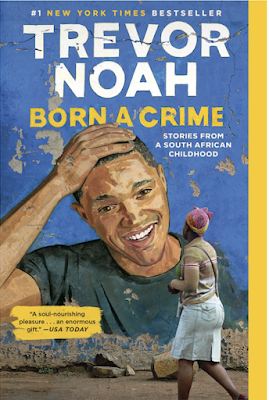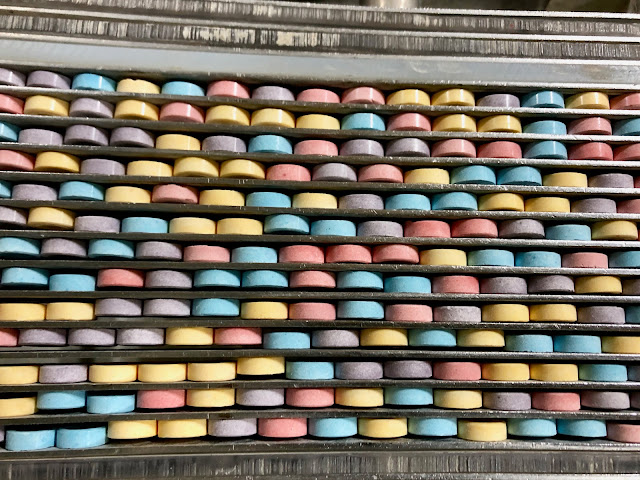 |
| Rabbi Menachem Mendel Schneerson |
I'm running it because a Hasidic rabbi in Maryland whom I knew when he was a teen at a Chicago religious school got in touch with me this week, searching for a particular column I'd written years ago regarding his Lubavitch sect. Was it this one? No. That one? No. He wanted, he explained, the one that sparked my friendship with Rabbi Daniel Moscowitz, the late head of the movement in the midwest.
Ah, that one! The one Moscowitz contacted the paper to complain about. I hesitated. It's a bit ... strident — I was much younger. But what the heck, he wants to see it, so here it is.
That's the only explanation I can think of for the salvo of words that a group of Orthodox Jewish leaders decided to fire off at the more watered-down branches of the faith.
Monday, the Union of Orthodox Rabbis declared that the Reform and Conservative branches of Judaism — more than 80 percent of Jews in the United States — "are not Judaism at all."
Geez, why didn't you announce that last week? Then I could have dyed eggs and eaten chocolate bunnies over Easter, instead of missing all the fun.
The rabbis' statement, ironically, reminded me of those groups periodically announcing the Holocaust didn't happen. My response to them is always: "Great! Now I can look up all those relatives who I thought had died in Poland."
Heck, the rabbis should have announced this years ago. Judaism is a great religion, but in a Christian society, Jews also miss out. If I, raised in Reform Judaism, wasn't really Jewish, than I could have trimmed Christmas trees, dated cheerleaders, gone fly-fishing and all that other stuff I imagined gentiles did.
Seriously, this sort of high-handed nonsense is not exactly surprising. Just as blacks snipe at each other based on the darkness of their skin, and Hispanics differentiate between their various nations of origin, so Jews denigrate each other for their various approaches to the religion.
I knew already, for instance, that Hasidic Jews didn't consider me Jewish. But it seemed like a benign judgment — they were always trolling around in those vans, encouraging us lower forms of Semitic life to put on the ritual prayer boxes and get a taste of Orthodoxy. They wanted to be friends.
But this week's pronouncement had the slap of a trademark lawyer's warning letter. "We understand that you're using our `Jewish' logo without permission — please cease and desist immediately."
They can be like that. An Orthodox Jew once stopped by my house to pick up a pushke. A pushke is a little coin box where you deposit pocket change for charity — Orthodox groups use them a lot. And stupid, not-really-Jewish us, we had been packing our change into these pushkes and then phoning up our moral betters and asking them to come collect their money.
Well, this Orthodox guy shows up at my house: big beard, fedora, long coat. He walks in, takes a look around, and his face freezes in a mask of disgust that I remember to this day. I guess we didn't have enough portraits of Rebbe Schneerson. He did, however, find the graciousness to accept the money.
To tell you the truth, the entire episode reminds me of a woman I once worked with. She was a snippish, unfriendly person, nasty from Day One.
I did something to offend her, and she fired off a nasty e-mail of reprimand. I read her criticisms, thought a moment, and then sent this reply:
"Your criticism of me would have carried more weight if you had ever been nice to me in the first place."
I think that goes for the Union of Rabbis, too.
—Originally published in the Sun-Times, April 2, 1997



.jpg)





